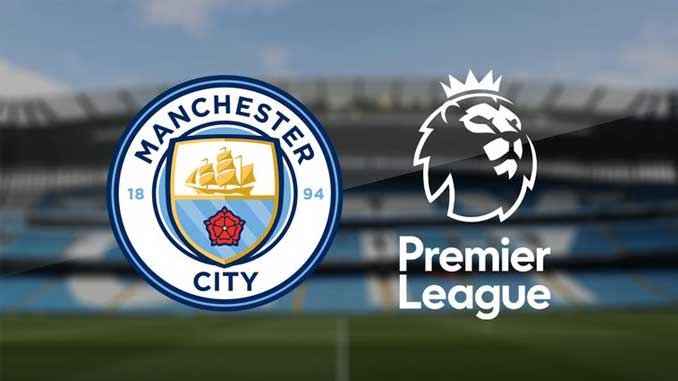
Summary:
- Manchester City has claimed a partial victory in the legal fight with the Premier League over commercial rules governing clubs.
- The club’s claim followed the ruling of an independent panel that determined the Premier League’s regulations went against the laws in two areas.
- The League argued the tribunal endorsed the overall objectives of the Associated Party Transactions system.
Manchester City has announced a partial victory in its ongoing legal battle with the Premier League concerning commercial rules governing clubs, specifically regarding the controversial topic of Associated Party Transactions (APTs).
The latter were introduced in December 2021 with the purpose of safeguarding “the financial stability, integrity, and competitive balance of the League”, and amended in March 2024.
An independent panel ruled that the Premier League’s regulations broke competition law in two key areas, prompting both parties to reassess their positions.
The League’s APT Rules, Deemed Unlawful by the Tribunal
In a detailed judgment, the tribunal found that the Premier League’s rules surrounding APTs were unlawful because they excluded shareholder loans from their scope.
The Premier League had previously rejected two significant sponsorship deals proposed by City, leading the club to challenge 25 regulations in the Premier League’s rulebook.
Despite the ruling in favor of the four-time defending champion, the Premier League expressed satisfaction with the tribunal’s findings.
They stated that the ruling
Endorsed the overall objectives, framework, and decision-making of the APT system
emphasizing that the existing rules are essential for maintaining competitive balance and financial integrity across the league.
The respective rules require clubs, players, managers, and senior officials to disclose transactions with associated parties—entities or individuals with substantial financial interest in the club.
The league’s board reviews these transactions to ensure they align with fair market value principles.
According to the Premier League, the rules aim to foster fairness across the division by preventing clubs from relying on inflated commercial revenues tied to ownership relationships.
Summary of the Panel’s Findings
According to the independent panel, the APT rules were unlawful because they excluded shareholder loans, thus breaching competition law.
The amended APT rules were also deemed unlawful due to recent changes in pricing standards and procedural unfairness, limiting clubs’ ability to contest comparable transaction data used to assess fair market value.
The Premier League’s decisions regarding City’s deals with Etihad Aviation Group and First Abu Dhabi Bank were deemed procedurally unfair due to a lack of opportunity for the club to respond to critical analysis.
These sponsorship deals, crucial to City’s financial strategy, were unfairly blocked, according to the panel, which noted significant delays—about three months for the First Abu Dhabi Bank deal and two months for the Emirates Palace deal—caused by the Premier League’s understaffed situation.
Premier League, Determined to Promptly Rectify the Issues
In response to the tribunal’s findings, Premier League officials will hold an emergency meeting next week to discuss the implications of the ruling.
The Premier League reiterated its commitment to rectify the identified issues promptly, stating,
These elements can quickly and effectively be remedied by the League and clubs.
They also affirmed their intention to continue operating the existing APT system while taking into account the tribunal’s conclusions.
On the other hand, Manchester City welcomed the decision, thanking the panel for recognizing that the Premier League had “abused its dominant position” with its previous rules and processes.
The club emphasized that both the original and amended APT rules were found to be structurally unfair and discriminatory against the club.
While Manchester City considers this a significant legal triumph, the Premier League maintains that the ruling reinforces the necessity of the APT framework in safeguarding the league’s competitive integrity.